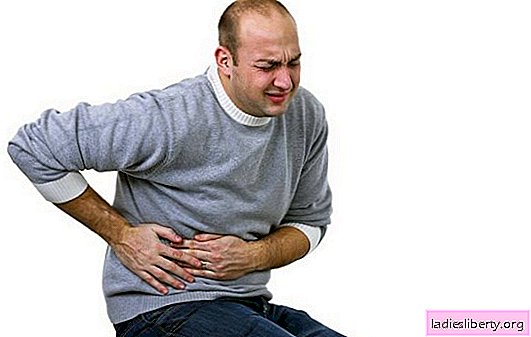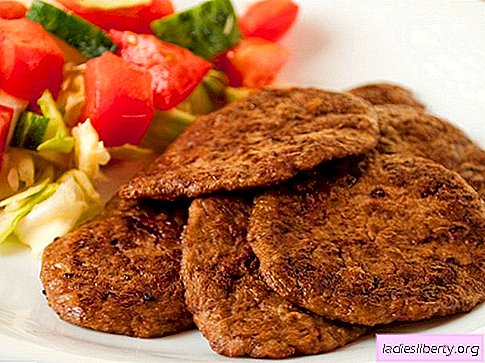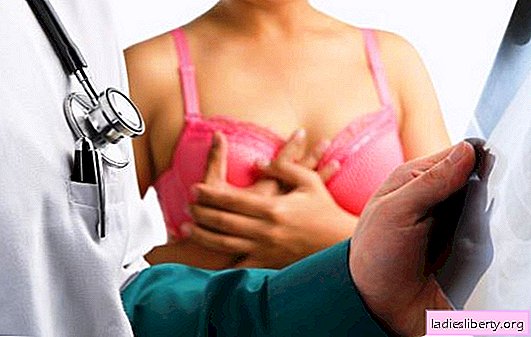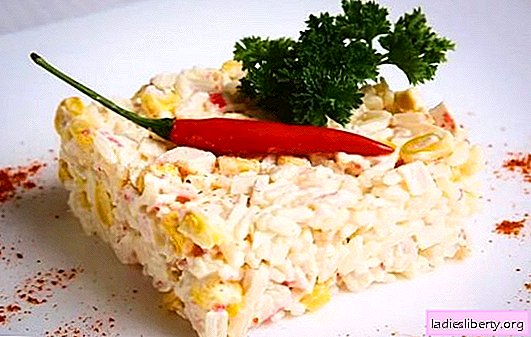
A 21st century man lives in extremely adverse conditions. One of the main problems is that there is no way to eat normally. The diet is often limited to fast food and quick snacks on the go. The body responds to such self-will in a completely understandable way: it fails. For nutritional reasons, various diseases of the gastrointestinal tract occur.
Patients often consult a doctor with complaints of pain in the right hypochondrium. This is a direct indication of problems with internal organs, most often with the liver. To avoid the fate of the next "sick" one, you need to know more precisely what constitutes pain in the right hypochondrium, as well as what causes and what to do if it hurts in the right hypochondrium.
It hurts in the right hypochondrium: causes
Pain in the right hypochondrium can be due to a lot of reasons. In some situations, discomfort appears in completely healthy people: in this case, we are talking about a variant of the physiological norm. However, often the problem lies in the development of pathologies of the gastrointestinal tract and other organs.
Physiological reasons why it hurts in the right hypochondrium
• Pain syndrome that occurs after physical exertion. Surely many noticed how, after intense physical exertion, pain occurs in the right side. This is due to excessive stretching of the liver tissue, which, in turn, is due to a sharp influx of blood to the organ. Especially often this happens after a heavy meal. This condition does not present a hazard.
• Pain caused by the female cycle. At the end of the cycle, a serious hormonal imbalance occurs. As a result, spasm of the gallbladder occurs and pain occurs.
• The last stages of pregnancy. The fetus, as it develops, causes compression of the surrounding organs, including the liver.
Pathological causes
There are a huge number of diseases, accompanied by pain in the right hypochondrium.
• Liver pathology. The most obvious cause of pain is liver disease. This includes hepatitis, hepatosis, cirrhosis, parasitic lesions.
• Gallbladder disease. Cholecystitis, cholelithiasis, stenosis of the bile ducts. Also often cause pain in the right side.
• Problems with heart. Paradoxically, cardiac pathologies can disguise themselves as gastrointestinal diseases. This group includes myocarditis, myocardial infarction, etc.
• Pathological processes in the large intestine. Also often accompanied by pain in the right hypochondrium. This includes colitis, tumors, etc.
• Renal pathology. If the right kidney is affected by pyelonephritis, nephritis, abscess, etc., pain can be given to the abdomen.
• Problems with the adrenal glands.
• Muscle inflammation (myositis). They cause an extremely sharp pain in the right side.
• Acute surgical conditions with appendicitis, ulcers, bowel obstruction, etc.
There are a great many reasons why it hurts in the right hypochondrium. Only a doctor can distinguish between such conditions.
Disease symptoms
A significant role in the issues of differential diagnosis is played by symptomatic complexes characteristic of a particular disease.
Symptoms of Liver Problems
Often, liver disease is accompanied by aching pain in the right hypochondrium. Dull bursting sensations become constant companions of a sick person. In addition to pain, the symptomatic complex includes:
• Feeling of heaviness in the right side.
• Nausea, vomiting.
These two symptoms are most characteristic of hepatitis and hepatosis. In the future, both those and others tend to complicate and develop liver cirrhosis. Then the symptoms become more characteristic:
• Spider veins appear.
• The pain intensifies.
• Itching and tickling sensation on the skin.
• Edema is observed, including abdominal edema.
• With a long ongoing process, obstructive jaundice occurs.
Pathology of the heart
Characterized by nonspecific pain. Discomfort is acute, burning in nature. In addition to pain, there are:
• Shortness of breath.
• Choking.
• Pallor of the skin.
• Heart rhythm disturbances (bradycardia, tachycardia, arrhythmia).
Bowel disease
Pain in intestinal diseases is intense, pronounced. Often do not have a clear localization and, as it were, vary throughout the right side of the abdomen. In addition to pain, there are:
• Stool disorders: diarrhea, constipation or their alternation. In this case, the chair retains color.
• Increased gas production.
• In the structure of the stool, there are inclusions of mucus, pus, blood. Tumors of the colon can give similar symptoms, therefore, if mucus, pus, and especially blood in the stool is detected, it is urgent to go to the doctor.
Pathology of the gallbladder
Meet most often. They give severe pain. The pains are cutting, prolonged, it feels like dagger. In addition to pain, stool disorders (diarrhea) are observed, feces acquire the color of clay and are poorly washed off with water (due to the large amount of fat). A particularly common disease of this group is cholecystitis.
Kidney pathology
Pain sensations in pathologies of the kidneys are weak, aching in nature. They give it to the right hypochondrium, but they do not have a clear localization. However, identifying kidney problems is not so difficult, because the symptoms are very specific. It:
• Urination disorders (oliguria, polyuria).
• Frequent urination, often false.
• Strengthening pain during urination.
There are other reasons why it hurts in the right hypochondrium, it is much more important what to do.
Sore right hypochondrium: diagnosis
Different doctors are involved in the diagnosis and treatment of such problems. It all depends on the specific reason. The first specialist to whom you should go with complaints is a general practitioner. He will conduct an initial diagnosis and give the necessary directions to specialists.
What doctors treat these diseases:
• Gastroenterologists deal with gastrointestinal organs.
• It is recommended to consult a nephrologist and / or a nephrologist urologist with kidney pathologies (not to be confused with neurologists).
• A cardiologist is involved in heart disease.
• In case of helminthic infestation, consultation with a parasitologist is recommended.
• Surgeons are involved in acute surgical conditions.
• Finally, if the root of evil is adrenal gland problems, the endocrinologist is responsible for the treatment.
During the initial consultation, the doctor asks questions about the patient's condition. This is a medical history. Based on the initial consultation, the specialist directs the patient to appropriate instrumental and laboratory studies. Among them:
• Ultrasound of internal organs.
• Radiography.
• MRI diagnostics.
Most often, this is enough to make the correct diagnosis. Laboratory studies confirm the results of instrumental diagnostics. They include:
• General blood analysis.
• Blood biochemistry.
In the vast majority of cases, patients with complaints of pain and the right hypochondrium show an increased level of ALT, AST. This is direct evidence of pathologies of the liver and gall bladder.
Sore right hypochondrium: treatment
If it hurts in the right hypochondrium and the reasons are clarified, the question remains what to do. The main thing that the patient should know is that under no circumstances should he self-medicate. The use of antispasmodics, analgesics and similar drugs significantly lubricates the picture and complicates the work of the doctor.
First-aid recipes widely circulated on the Internet are also ineffective, but also dangerous. In no case should you take alcohol tinctures, put heating pads on your stomach and the like: for unexplained reasons, this can lead to death.
The main thing that should be done to the patient is to see a doctor. It is not necessary to the district police officer. For intense pain, you need to contact an ambulance.
The treatment is almost always medical and includes the use of analgesics, antispasmodics, diuretic drugs, choleretic drugs, etc. These medicines are prescribed exclusively by a doctor. Surgical care is required in extreme, urgent cases, such as bowel obstruction, perforated ulcers, etc. In all other cases, conservative therapy is indicated.
Sore right hypochondrium: prevention
Prevention is as follows:
• Immediately after a hearty lunch, do not exercise.
• It is not recommended to take alcoholic beverages.
• In winter and early spring, it is recommended to dress warmly, covering the lower back.
• Limit the intake of salt, fatty foods, and fried foods.
• At the first manifestations of discomfort in the right hypochondrium, you should immediately go to the doctor.
Pain in the right hypochondrium may testify in favor of a wide variety of pathological processes. To distinguish between them, to make the correct diagnosis and in time to cope with the disease, you can not do without a doctor.











